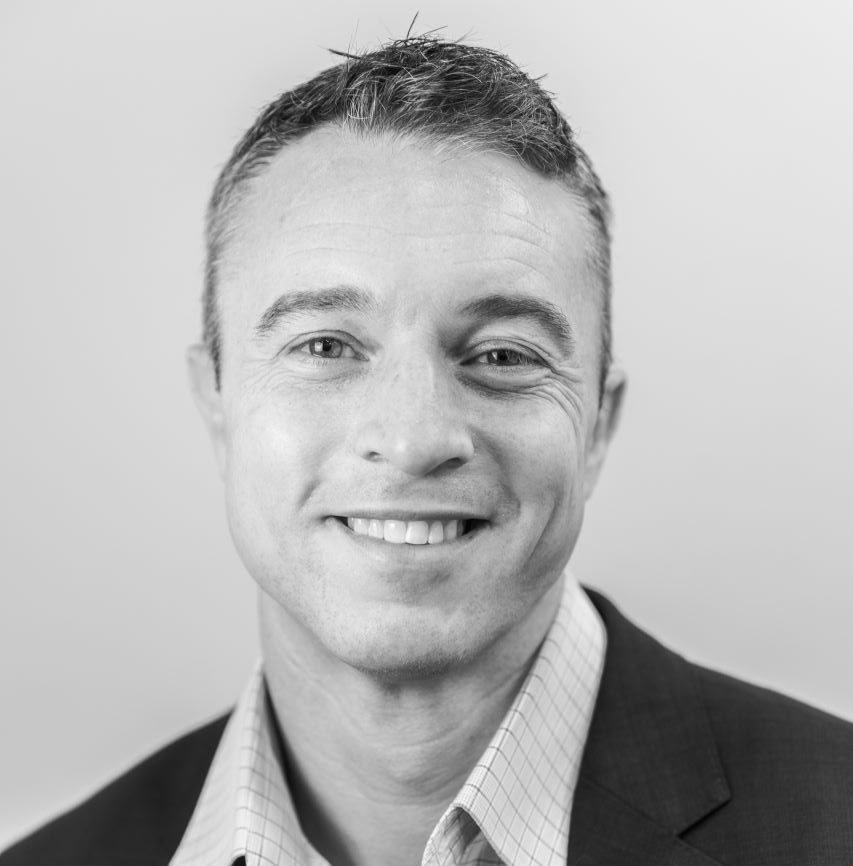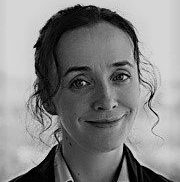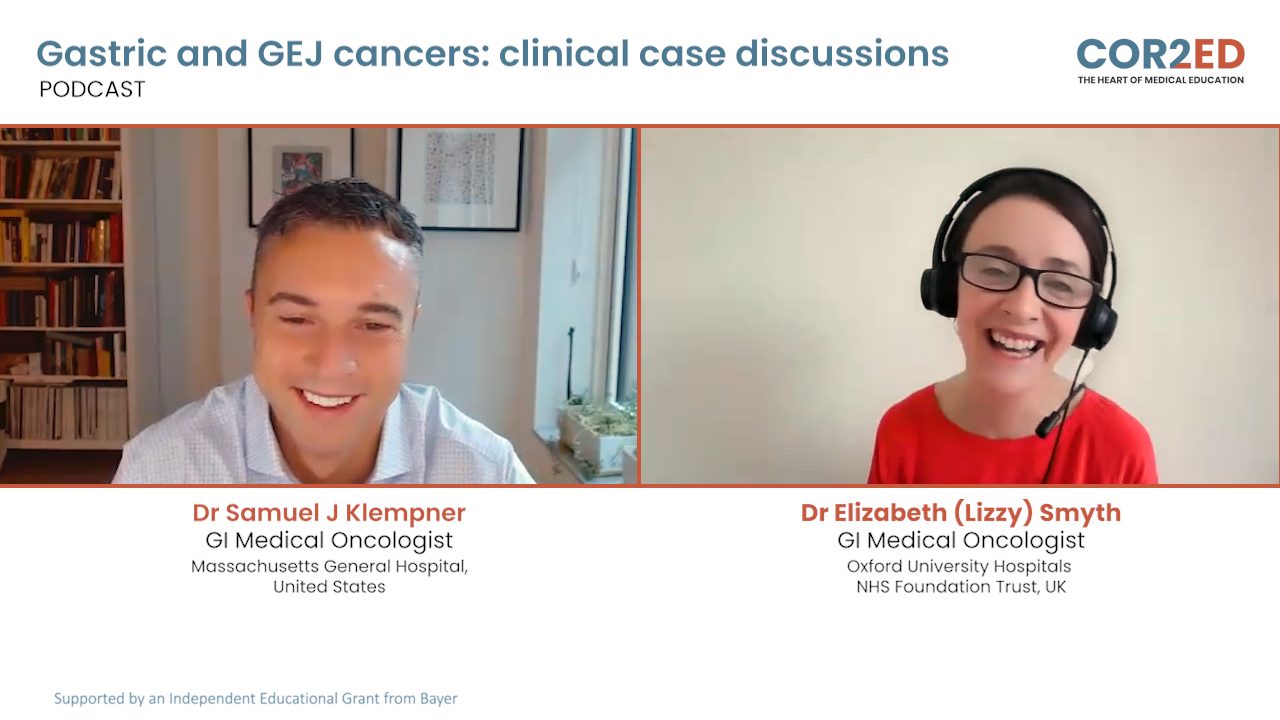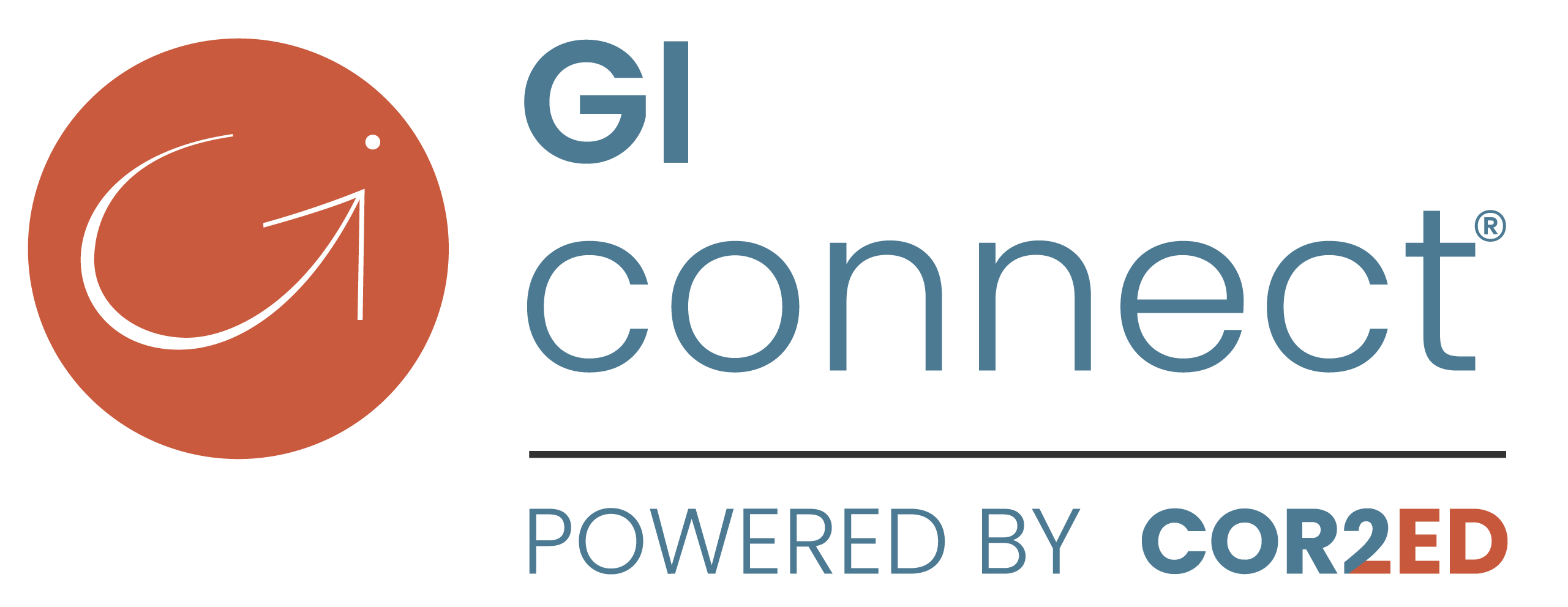In these two podcast episodes, GI oncologists discuss the clinical cases of two patients with gastric and gastroesophageal (GE) cancer.
Episode 1 focuses on a patient with non-metastatic cancer, while Episode 2 looks at a metastatic case.
Listen to both podcast episodes or watch a video recording of the conversation for an update on:
- Treatment sequences in gastric and gastroesophageal cancer
- Practice-changing data and essential biomarker testing
- Near-future developments in the field











 Downloadable
Downloadable  5 MIN
5 MIN
 Jun 2025
Jun 2025 






